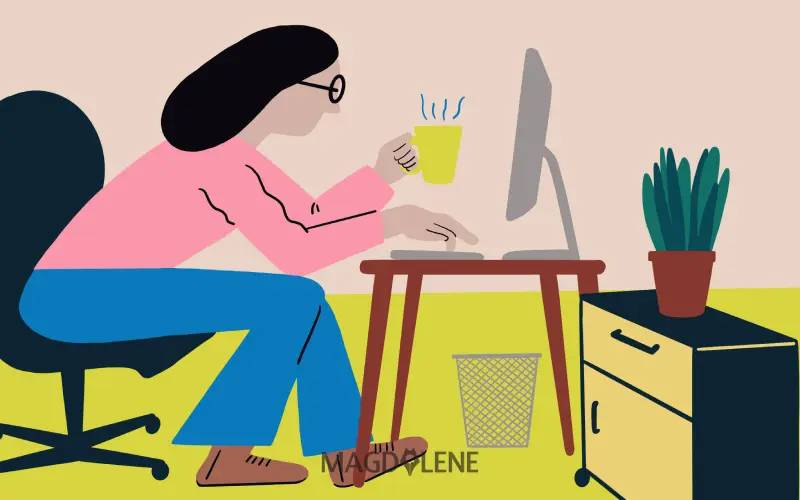
A recent report from think tank the Resolution Foundation has found that 34 percents of young people aged 18-24 in the UK have symptoms of a common mental disorder – the highest rate of any age group.
Mental health problems among young people are on the rise. An especially stark finding of the report is that 20 years ago, this age group was the least likely to have a common mental disorder.
The big question is why. As a psychologist researching young people’s wellbeing, I believe that young people today face unprecedented pressures to excel academically, professionally and socially. This pressure can manifest in various forms, including academic stress, performance anxiety and fear of failure.
Current societal difficulties, such as the cost of living crisis, will have further exacerbated these issues – as will the lasting impact of isolation and loss of valuable life experiences during the pandemic.
Also read: How Depression and Anxiety Messed Up My Academic Life
A new survey from King’s College London and non-profit research group the Orygen Institute shows that a majority of the UK public thinks that young people today have a worse time finding a job and more difficulty affording things than previous generations.
Markers of Success
Globalisation and technological advancements have transformed the job market, splitting jobs more starkly into high- or low-skilled occupations. This has led to greater emphasis on specialised skills and higher education.
Educational or career success – or failure – is now more visible than ever. The rise of social media has intensified the need to present a perfect image of success.
Logging into a social media account invariably brings an announcement about someone being promoted, starting a new job, or taking up an exciting opportunity. This can potentially trigger negative feelings, particularly if a young person has been struggling to get a job or even an interview.
The King’s College London and Orygen Institute survey found that social media is seen as a key driver in worsening mental health among the young.
Also read: The Challenge of Diagnosing Adult ADHD

The curated nature of social media feeds can create unrealistic standards of beauty, success and happiness, leading to feelings of insecurity and low self-esteem. Increased time online and the pressure to maintain an online identity may also worsen feelings of inadequacy and isolation.
The pandemic exacerbated these issues by intensifying feelings of social isolation and uncertainty. Organisational closures and physical distancing requirements reduced social contact and support. Research studies report mental health deterioration among children and teenagers as a result of COVID control measures, especially among those with preexisting vulnerabilities, such as socioeconomic disadvantage, neurodiversity or disability.
A high proportion of young people in the UK believe that many areas are worse for them compared to when their parents were their age; 78 percent think they are less able to afford things and 76 percent think mental health has worsened. This has the potential to lead to a sense of hopelessness.
If young people view their future as gloomy and feel they can do nothing to change their prospects, they are less likely to engage in tasks and activities that can improve their situation.
Mental Health Awareness
The King’s College and Orygen Institute survey found that 47 percent of people think mental health problems were just as common among young people in the past; they just weren’t identified as such.
Over the past two decades, there has been a growing awareness and acceptance of mental health issues, leading to greater visibility and discourse. This has helped reduce stigma and improve access to resources. But it has also created new challenges for young people navigating their mental health.
Also read: Dealing with Bipolar Disorder: My Personal Story
Increased awareness has empowered young people to seek help and speak out about their struggles.
On the other hand, the way mental health is discussed has created a sense of pressure to find ways to be mentally healthy and resilient, with a person individually responsible for their own mental wellbeing. This pressure may be particularly challenging for young people who are struggling with difficult circumstances and associated mental health issues, leading to feelings of shame and self-blame.
All these factors are intertwined and difficult to isolate, meaning there is no simple solution. But my advice to everyone, not just young people, is, try to play an active part in each area of your life when you can, push yourself outside of your comfort zone, and make sure you celebrate the small wins.![]()
Fiorentina Sterkaj, Director of the Department of Psychological Sciences, School of Psychology, University of East London
This article was first published on The Conversation, a global media resource that provides cutting edge ideas and people who know what they are talking about.












